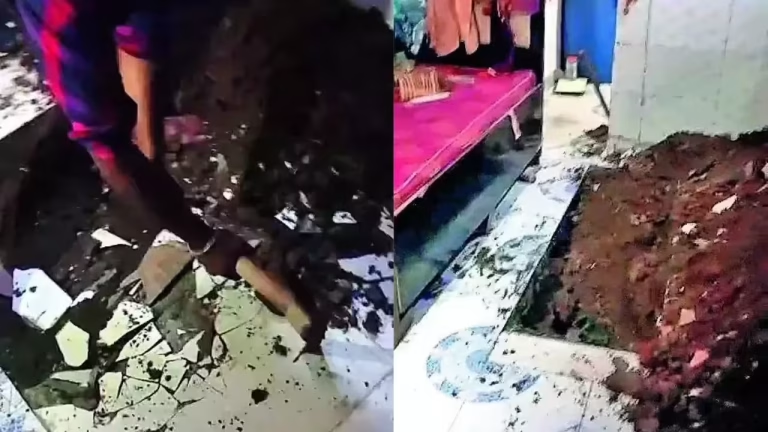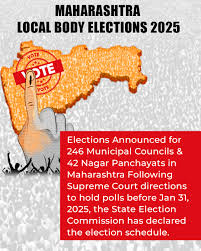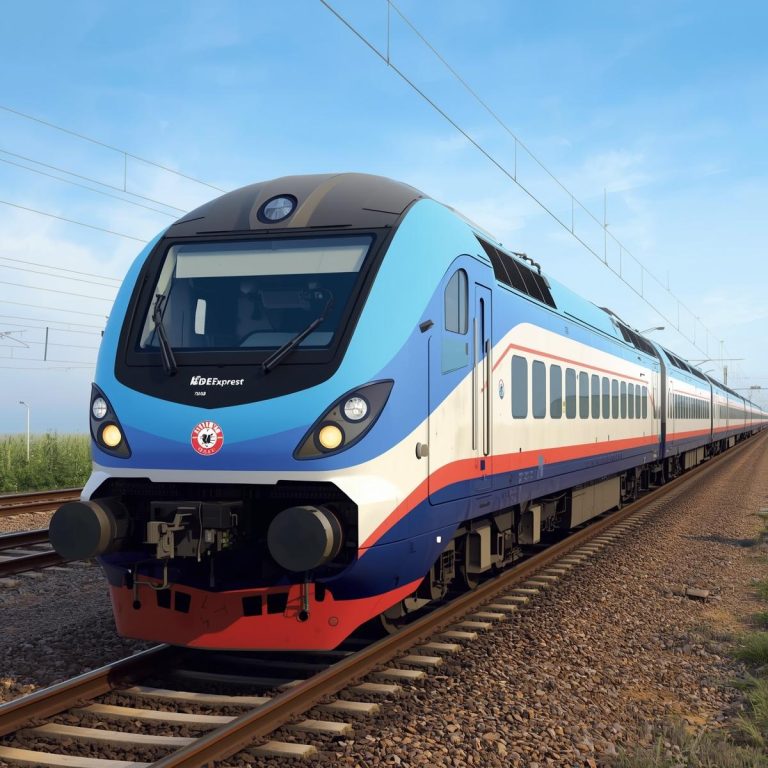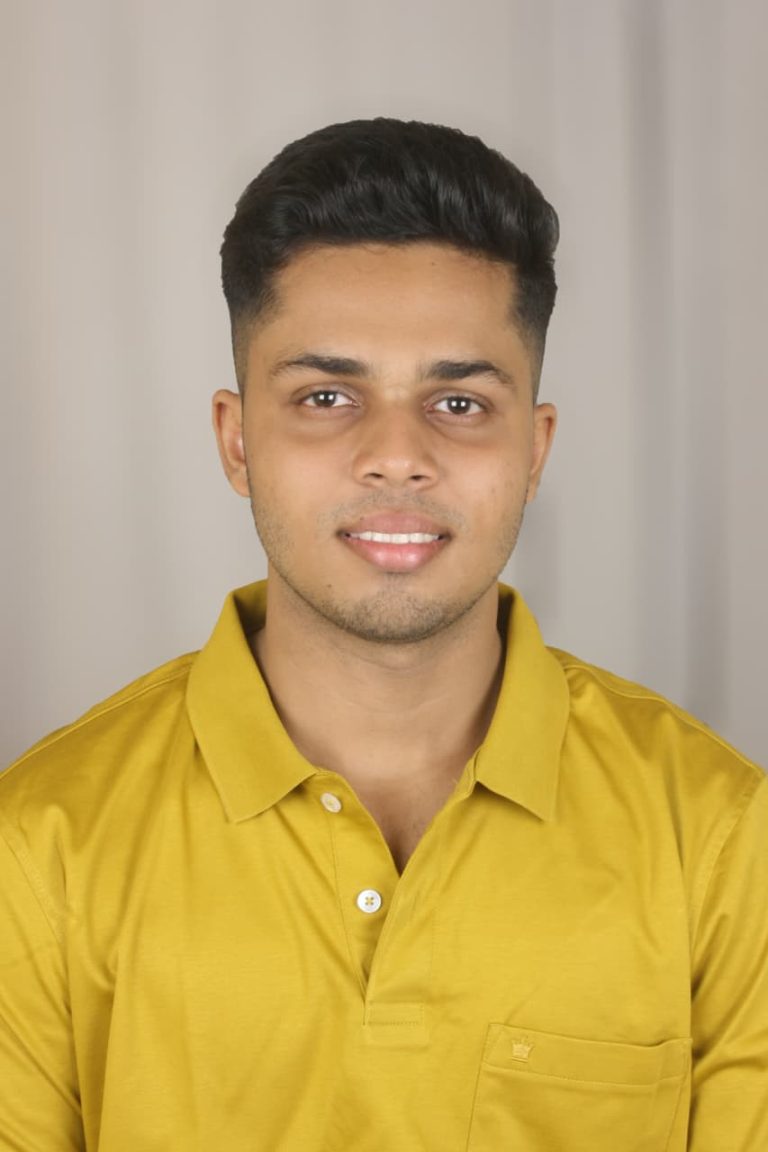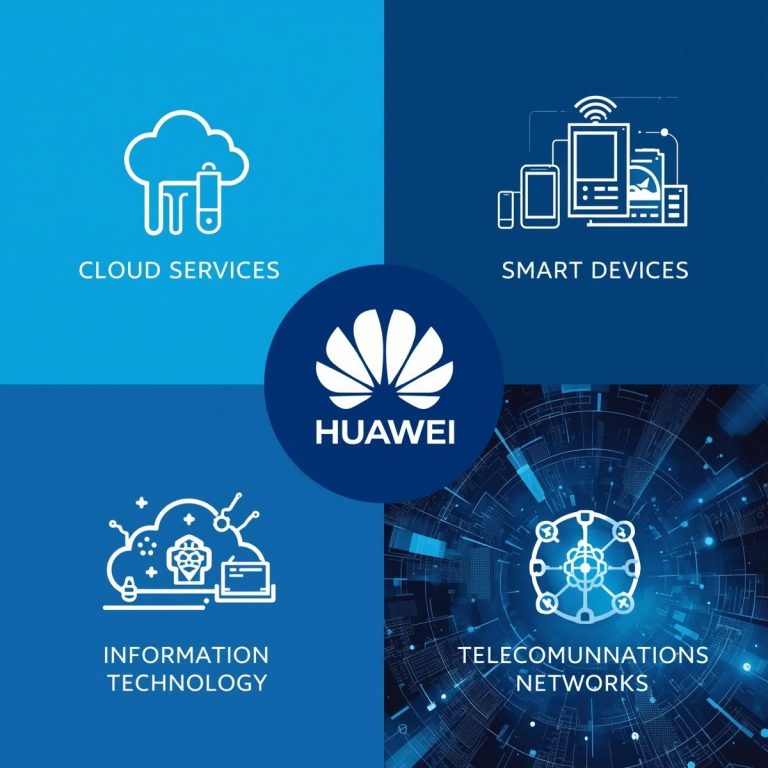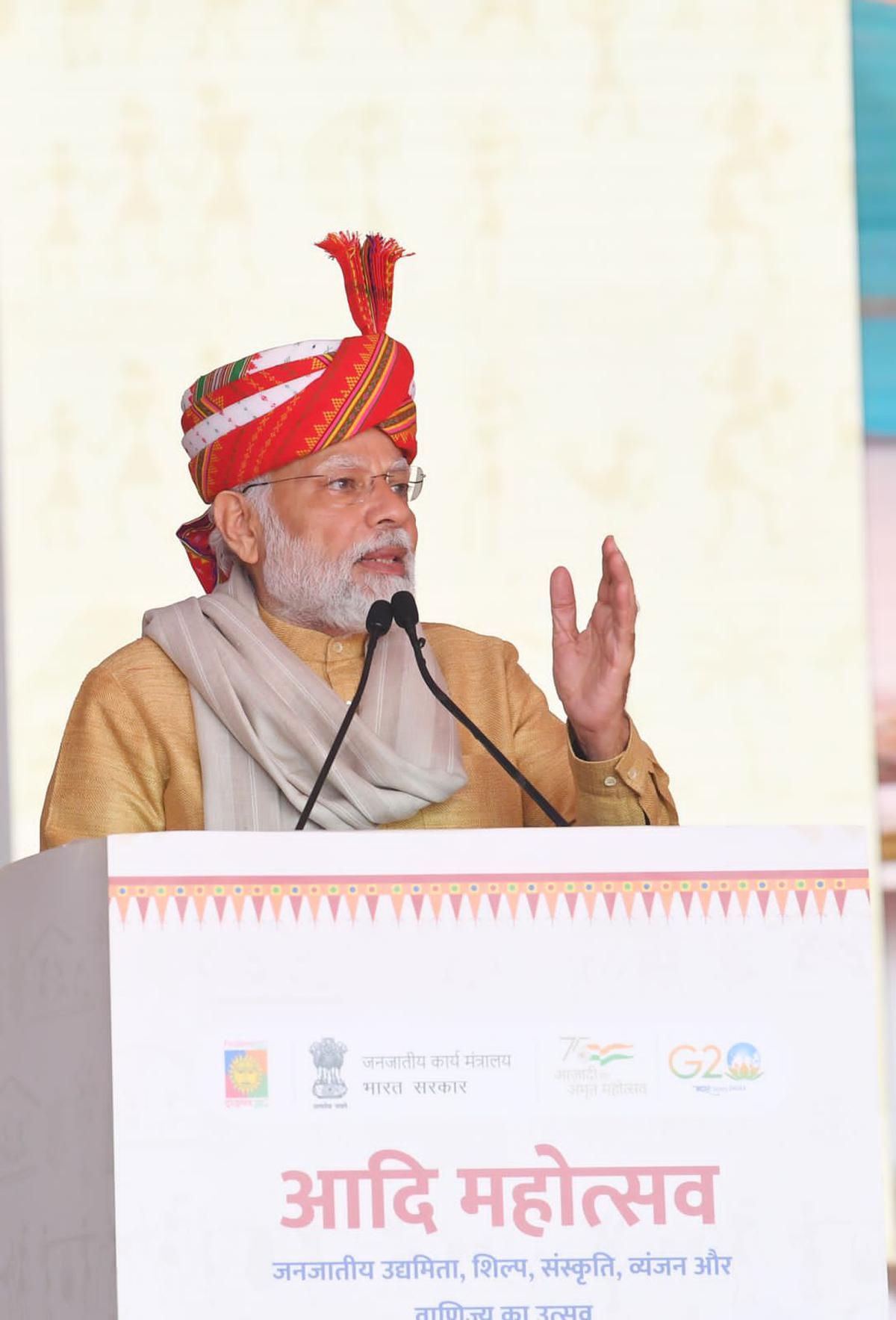

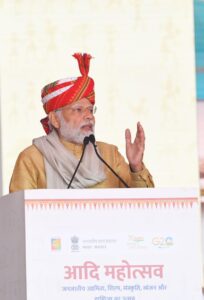
Before proceeding to the stage for his address, the Prime Minister took a tour of the “Aadi Mahotsav” stalls.
Prime Minister Narendra Modi on February 16 inaugurated “Aadi Mahotsav”, the mega National Tribal Festival at Major Dhyan Chand National Stadium in New Delhi.
“The development of Adivasis is personal for me. Before I was in politics, and just a worker at an organisation. At that time, I used to get to go to Adivasis in many states of the country.
I have spent weeks with Adivasi communities and families in every corner of the nation. I have seen your traditions, lived them, and learnt a lot from them,” he said while inaugurating the event.
Mr. Modi added that in Gujarat too, from Umargam to Ambika ji, the entire tribal belt, he spent his life’s formative years serving his Adivasi brothers and sisters there. “Their lifestyle taught me about our culture, traditions, and heritage a lot.
Today, India goes to some of the world’s biggest stages and presents Adivasi culture as its own proudly — as a solution to global problems like climate change, global warming. When people talk about sustainable development, we can proudly say that the world has a lot to learn from Adivasis,” Mr. Modi said.
The Prime Minister requested that all residents across the National Capital Region in Delhi, Haryana and Uttar Pradesh come to the tribal festival in large numbers and purchase as many different artefacts and tribal products as possible to encourage the artisans and craftspeople.
“I urge you to come and see what strengths lying in the remotest parts of the country are forging the country’s future,” he said.
Language barrier a big issue for Adivasi children: PM Modi
Speaking of his government’s commitment to tribal developments, Mr. Modi said that from 2004 to 2014, there were only 90 Eklavya Model Residential Schools for tribal students.
But from 2014-2023, over 500 EMRSs had been sanctioned and a total of 400 were already functional. “We have also announced in the Budget that we would be hiring nearly 40,000 teachers for these schools,” Mr. Modi said.
He added, “Language barrier is a big issue for Adivasi children. But the New Education Policy opens doors for mother tongue education. Adivasi can now learn in their own language and progress.”
Further, he said, “Villages that used to be connected with separatism and extremism are now connected with 4G. Youth who used to get pulled into divisive efforts are now accessing the Internet and becoming part of the mainstream.”
Before proceeding to the stage for his address, the Prime Minister took a tour of the “Aadi Mahotsav” stalls. He stopped at some of the stalls featuring pottery, handicrafts and food products, even as some stall workers gifted him shawls, scarves and stoles among other things.
He also paid floral tribute to tribal freedom fighter Birsa Munda. Birsa Munda, who belonged to the Munda tribe, was born on November 15 in 1875. During British rule in the late 19th century, he spearheaded an Indian tribal religious Millenarian movement across the tribal belt of modern-day Bihar and Jharkhand.
His birth anniversary is celebrated as Birsa Munda Jayanti in the country and coincides with the Jharkhand Foundation Day.
